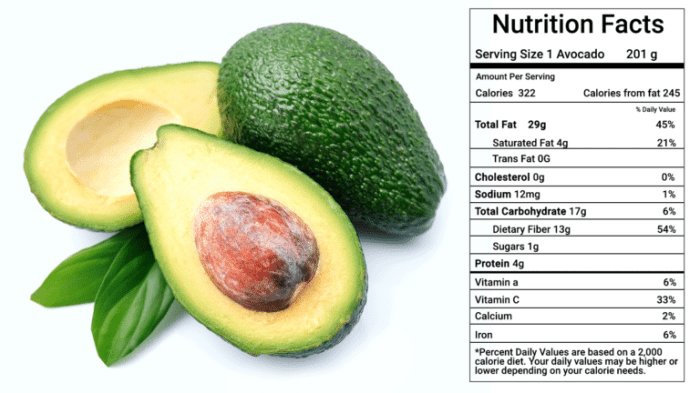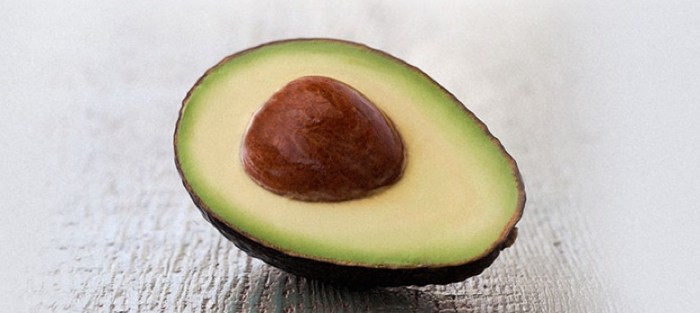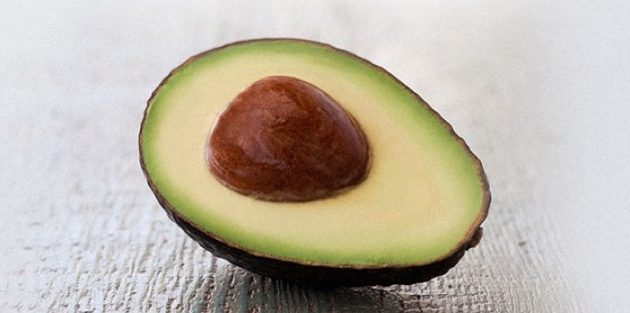Micronutrient Content of an Avocado Roll

Avocado roll nutrition facts – Avocado rolls, a popular sushi variation, offer a surprisingly diverse array of micronutrients thanks to the combination of avocado, seaweed, and other potential ingredients. Understanding the nutritional profile of these components allows us to appreciate the potential health benefits associated with consuming this dish. The following sections detail the key vitamins and minerals found in a typical avocado roll and their contributions to overall well-being.
Okay, so you’re checking out avocado roll nutrition facts, right? Thinking about healthy options? Well, for a different kinda breakfast vibe, you might wanna peep the nutrition facts breakfast burrito – totally different macros, you know? But back to those avocado rolls – they’re low-key a solid choice for a quick, healthy meal.
Vitamin and Mineral Profile of Avocado Roll Ingredients, Avocado roll nutrition facts
The micronutrient content of an avocado roll is primarily derived from its key ingredients: avocado, seaweed (typically nori), and sometimes other vegetables like carrots or cucumber. These ingredients contribute a range of essential vitamins and minerals.
- Vitamin K (Avocado): Avocado is a good source of vitamin K, crucial for blood clotting and bone health. Sufficient vitamin K intake is vital for preventing excessive bleeding and maintaining strong bones, reducing the risk of fractures, especially in older adults. A single avocado can provide a significant portion of the daily recommended intake of vitamin K.
- Iodine (Seaweed): Seaweed, particularly nori, is exceptionally rich in iodine, an essential mineral for thyroid hormone production. Iodine deficiency can lead to hypothyroidism, impacting metabolism and overall health. The iodine in seaweed helps ensure proper thyroid function and contributes to maintaining a healthy metabolism.
- Vitamin C (Various Ingredients): While the primary source of vitamin C in an avocado roll might depend on the specific recipe, added vegetables like cucumber or carrots can contribute to the overall vitamin C content. Vitamin C is a powerful antioxidant, supporting immune function and protecting cells from damage caused by free radicals.
- Potassium (Avocado): Avocados are a significant source of potassium, an electrolyte crucial for maintaining fluid balance, nerve function, and muscle contractions. Adequate potassium intake is associated with lower blood pressure and a reduced risk of stroke.
- Vitamin E (Avocado): Avocados also contain vitamin E, another potent antioxidant that protects cells from damage and supports immune function. Vitamin E contributes to healthy skin and eyes, and may play a role in reducing the risk of chronic diseases.
Health Benefits Associated with Micronutrients in Avocado Rolls
The combination of vitamins and minerals in an avocado roll contributes to various aspects of health and well-being. The synergistic effect of these nutrients enhances their individual benefits.
- Improved Cardiovascular Health: The potassium and vitamin E in avocados contribute to maintaining healthy blood pressure and reducing the risk of cardiovascular diseases. The antioxidants present help protect against cell damage caused by oxidation.
- Enhanced Immune Function: Vitamins C and E, along with other antioxidants present, bolster the immune system, improving its ability to fight off infections and illnesses.
- Stronger Bones: Vitamin K plays a vital role in bone metabolism, contributing to bone density and reducing the risk of fractures.
- Healthy Thyroid Function: The iodine from seaweed is crucial for the production of thyroid hormones, which regulate metabolism and overall bodily functions. Sufficient iodine intake prevents thyroid disorders.
Caloric Content and Serving Size Variations: Avocado Roll Nutrition Facts

The caloric content of an avocado roll is highly variable, depending on several factors including the size of the roll, the quantity of avocado used, the inclusion of other ingredients like fish or vegetables, and the type of rice employed. Understanding this variability is crucial for managing caloric intake and achieving dietary goals. Accurate calorie counting requires awareness of these influencing factors and mindful portion control.Calorie counts for avocado rolls can range significantly.
A single, modestly sized roll might contain between 150-250 calories, while a larger roll, particularly one laden with extra avocado or richer fillings like salmon, could easily exceed 300 calories. Adding protein-rich ingredients such as shrimp or crab will also increase the overall caloric value. Conversely, opting for a leaner protein source and reducing the avocado quantity will lower the caloric density.
Caloric Content Across Serving Sizes
The following table provides estimated caloric values for different serving sizes of avocado rolls, assuming a standard recipe with a moderate amount of avocado and no additional high-calorie fillings. These values are approximate and may vary depending on the specific recipe and ingredients used.
| Serving Size | Estimated Calories |
|---|---|
| 1 Roll | 180-220 |
| 2 Rolls | 360-440 |
| Half an Order (typically 6 rolls) | 1080-1320 |
Portion Control and Nutritional Intake
Portion control plays a significant role in managing the nutritional impact of consuming avocado rolls. While avocado rolls offer beneficial nutrients like healthy fats and fiber, overconsumption can lead to excessive calorie intake, potentially hindering weight management efforts. For example, consuming a whole order of avocado rolls (12 rolls) could easily exceed 2000 calories, a substantial portion of the daily caloric needs for many individuals.
Conversely, limiting consumption to one or two rolls helps maintain a balanced caloric intake while still enjoying the nutritional benefits of the dish. Mindful portioning allows for the inclusion of this delicious food as part of a healthy and varied diet.
FAQ
Are avocado rolls a good source of fiber?
Yes, avocado rolls provide a moderate amount of fiber, primarily from the avocado and seaweed.
Are avocado rolls suitable for vegetarians?
Most avocado rolls are vegetarian, but always check for ingredients like imitation crab meat which may contain fish-derived products. Ensure the soy sauce used is vegetarian-friendly.
How many calories are in a typical avocado roll?
The calorie count varies greatly depending on size and ingredients, ranging from approximately 150 to 300 calories per roll.
Can I make avocado rolls gluten-free?
Yes, by using tamari or coconut aminos instead of regular soy sauce and ensuring all other ingredients are gluten-free.

